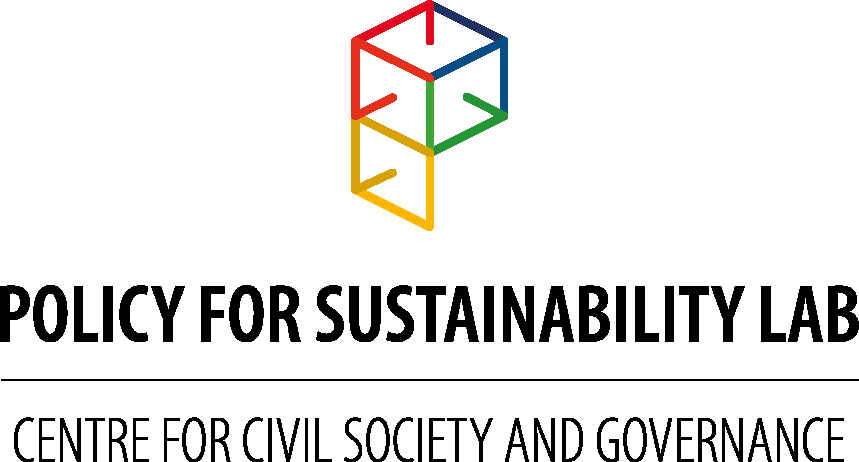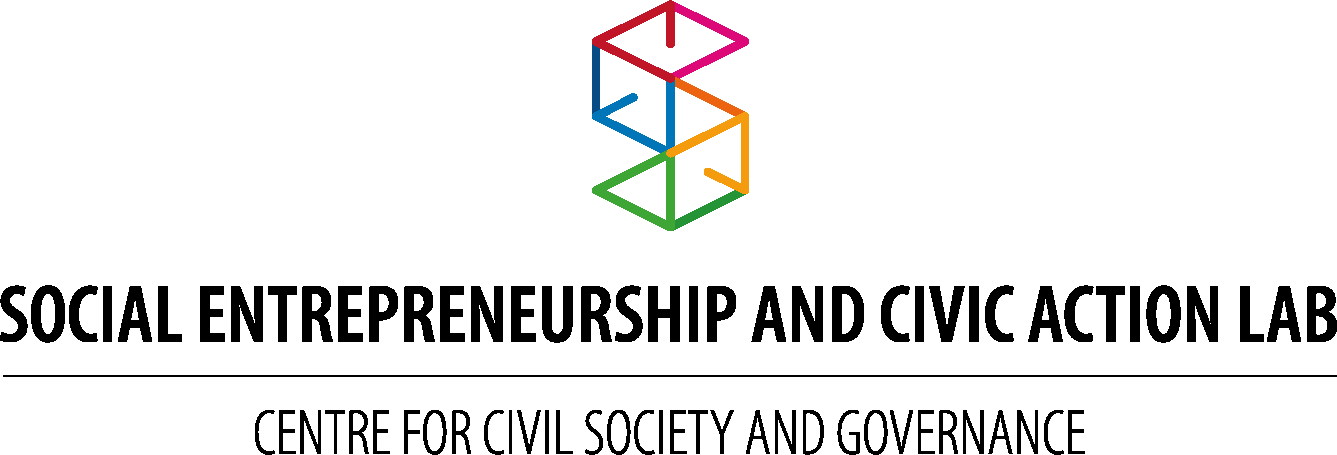LABS
The attainment of a sustainable society can manifest in the social, environment, economy, and governance aspects. The Centre, through our action projects, promotes sustainable development with four core approaches, namely, Social Innovation, Collaboration & Partnership, Engagement & Empowerment and, Reinvention of Community Resources.

PSL aspires to build the social-ecological resilience as a way to enhance the capitals for sustainability. We seek to cultivate a collaborative ecosystem that coalesces community of interest and talents, and pulls together resources from the business, government and non-profit sector across the urban-rural value chains for mainstreaming nature-based solution (NbS), resource circularity and regenerative system thinking.

SECAL strives to understand and foster community-based collective action as a vehicle for utilizing human ingenuity, forging reciprocity, and building social capital. In particular, SECAL seeks to nurture social entrepreneurship and crowdsource ideas with a focus on blending social and economic values through fostering various novel social ventures and commoning endeavors.

NPPL seeks to enhance the resilience, capacity and governance of the nonprofit and philanthropic sector as a means to attain social impact. A broad definition of philanthropy is adopted that concerned about the leveraging of private resources – capital, time, space, idea, expertise and network – for public good.
Filter projects by lab category
The Centre for Civil Society and Governance is appointed by the Countryside Conservation Office under the Environment and Ecology Bureau of the HKSAR Government for a sustainable village revitalisation study. This study aims to formulate the necessary building blocks for a sustainable village revitalisation model (SVRM) for Lai Chi Wo and Yan Chau Tong villages through reviewing the rural revitalisation experience in LCW while considering ESG elements and the integration of primary, secondary, and tertiary industries. The study will make reference to case examples in Mainland China as well as other cities in the Asia-Pacific region. It is expected that the study’s recommendations will help build the eco-tourism pillar of the Northern Metropolis Action Agenda 2023.
For enquiries, please contact Miss Sianna Yiu.
The Forest Village programme, built upon the principle of environmental stewardship, aims to conserve, revitalise and enhance the natural, cultural and landscape values of Mui Tsz Lam and Kop Tong. The villages will be revived as “Forest Villages”, a common term that describes settlements with forest as the dominant and provisioning habitat, through restoration of farmlands, enhancement of habitats, and adaptive repurposing of village assets. A collaborative and participatory approach will be employed to engage stakeholders—villagers, members of non- profits, scientists, architects, artists and interested citizens—in an array of conservation activities through which they will acquire knowledge, skills, and commitment to take up the role of the guardians of the forest villages.
This is a first-of-its-kind project in Hong Kong that focuses on upland forest conserving both natural and cultural landscapes as an integrated and holistic living heritage.
The programme aims to:
- 1. Restore a mosaic of “Forest Village Ecosystem” land uses to enhance biodiversity and ecosystem services
- 2. Conserve upland forest species and protect their habitats
- 3. Formulate sustainable management strategies and promote an adaptive repurposing of tangible and intangible rural assets to support the sustainable development of the villages
- 4. Foster a sense of community stewardship and facilitate collective local actions among stakeholders in nature and cultural conservation
To scale up the impact of the knowledge and incubation experience built around the rural sustainability experience at Lai Chi Wo, APAC Initiative for Regional Impact (AIRI) aims to create a strong regional network and action momentum for the future attainment of rural sustainability in Asia-Pacific. AIRI is constitutive of two main components:
(1) A Regional Consortium of intellectual exchange built by networks of selected action-research institutions and international partnerships. The Consortium will jointly promote sustainability through collaborative research, collective actions of a regional scale, and the empowerment of a community of Change Fellows. Founding members of the Consortium include the Centre for Civil Society and Governance at the University of Hong Kong, Department of Development and Sustainability at Asian Institute of Technology, School of Public Policy and Management at Tsinghua University, and University Outreach Office of National Chengchi University; and
(2) A Fellowship Scheme which recruit, connect, empower and recognizes thought leaders and exceptional practitioners who are passionate and keen on nature-based innovations and innovative climate solutions. The talent pool will go through a one-year capacity-building programme to further develop their visions and equip themselves with new knowledge and skills to produce actionable proposals which translate novel ideas into social impact.
All these efforts will coalesce into an Asia-Pacific model of rural sustainability which will contribute to the attainment of the 2030 Sustainable Development Agenda, particularly the SDG 17 on strengthening the global partnership for sustainable development.
